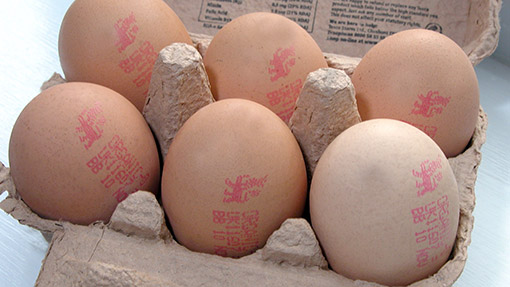Global food businesses focus on laying hen standards

Multinational food producer Nestle has announced a commitment to lifting the welfare of animals in its global supply chain, including the banning of barren battery cages.
Nestle said it had become the first global food company to sign a partnership agreement with an NGO, World Animal Protection, committing to raising animal welfare standards.
The company has begun an independent audit to determine the conditions of livestock within its supply chain. It said that, across the globe, there were some 7,300 primary suppliers from which it buys animal-derived products, each of which sourced products from further companies.
A statement said this meant Nestle was buying products from “literally hundreds of thousands of farms around the world”.
See also: Shoppers want a transparent egg supply chain
The company has pledged that by the end of next year, 40% of its “key commodities”, including, poultry and eggs would be fully traceable.
“We know that our consumers care about the welfare of farm animals,” said Benjamin Ware, Nestle manager of responsible sourcing. “As a company we are committed to ensuring the highest possible levels of farm animal welfare across our global supply chain.”
Unilever takes stance on culling day-old male chicks
Another global food operator, Unilever, has made a commitment within its American business to seek alternatives to the culling of day-old male chicks.
A spokesman said the focus would be on ending the maceration of live birds – a practice that has been replaced by gassing in the UK.
The company, which owns Hellman’s as well as ice-cream brands Wall’s and Ben & Jerry’s, said in a statement it was “aware of the concerns raised about global egg industry standards by which breeders of egg-laying hens eliminate male chicks”.
Unilever said although it was standard practice “among suppliers to the broad egg farming industry and all types of egg products, and although Unilever uses only a very small percentage of eggs produced in the market, we take these concerns seriously”.
It added the business would take an “active” stance by funding research and the implementation of alternative technology, such as in-ovo sexing, which allows the sex of chicks to be identified before hatching.
“As we are arranging a multi-stakeholder dialogue aiming at tangible steps to address this important issue, we expect more industry players across the value chain to advocate for fully commercial alternative methods.”
